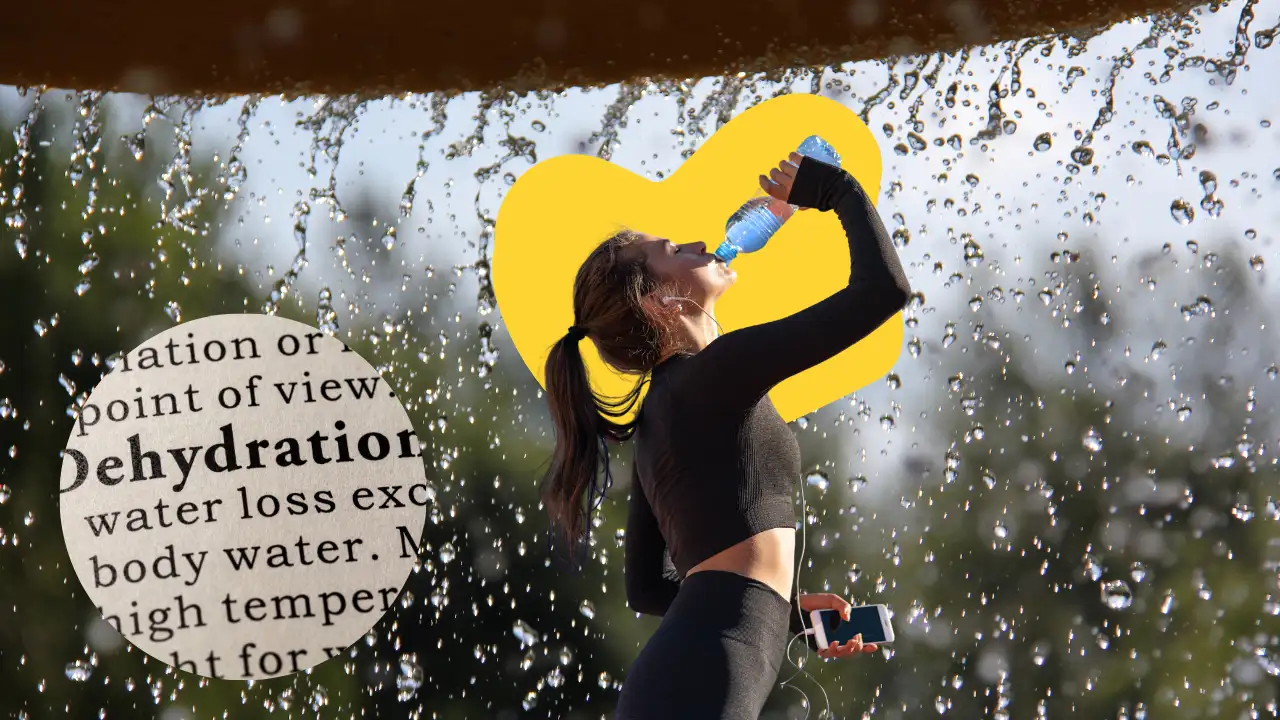You would think the monsoon season would give our bodies a break. After all, the scorching summer is over; the rains have brought respite. However, the air feels thick with moisture, making us feel sluggish, dizzy, or even more sweaty. And no, it is not just about frizzy hair or clammy clothes.
“Blame the humidity,” says Dr. Rajesh Kumar, Associate Director of Internal Medicine at Paras Health, Gurugram. High humidity during the monsoon, he says, makes it harder for the body to regulate heat. “Even if the temperature seems manageable, your body starts sweating more to cool itself, but the sweat does not evaporate as easily. That fluid loss can sneak up on you, leading to dehydration without the classic cue of thirst," he explains.
Yes, you read that right. You can be dehydrated and not feel thirsty.
The Silent Symptoms
Think of dehydration in the monsoon as your frenemy; it does not knock loudly. Instead, it leaves subtle clues: a dry mouth, unexplained fatigue, muscle cramps, dizziness, or the tell-tale sign—dark yellow urine. According to Dr. Kumar, children, the elderly, and those with chronic illnesses are especially vulnerable. And given the current love affair many of us have with coffee and sugary drinks, the risk is even higher.
"Caffeinated and sugary beverages might feel refreshing," he says, "but they actually worsen fluid loss. These drinks act like diuretics, pushing more water out of your system. That iced caramel latte might be doing more harm than good on a muggy day."
The Monsoon Myth
Most of us assume that just because we are not sweating buckets like in May, we must be fine. But our bodies are still in overdrive, especially indoors where fans and closed windows trap the humidity. You are sweating, and you just do not realise it because the sweat does not evaporate.
So while you may be sipping less water because you’re "not hot", your body is secretly losing it through every pore.
Doctor-Approved Survival Tips
To outsmart the monsoon, Dr. Kumar shares a checklist that is as simple as it is essential:
- Hydrate smartly. “Sip clean, filtered water regularly—even if you are indoors and do not feel thirsty,” he insists. “Think of it as maintenance, not emergency medicine.”
- Eat your water. Add fruits like watermelon, cucumber, and citrus to your daily plate. These are not just refreshing; they are hydrating heroes.
- Dress light. “Loose cotton clothes and cool showers help your body hold on to moisture better,” he says.
- Skip the caffeine rush. Trade your extra cup of coffee or sugary sodas for herbal infusions or just plain water.
- Time your outings. If you must step out, avoid the late morning to early evening peak humidity hours. “Plan errands for earlier or later in the day,” he advises.
Beyond dehydration, the monsoon also brings a slew of other health hazards: skin infections, heat rashes, and sheer exhaustion. Dr. Kumar warns that ignoring early signs of fluid loss can spiral into full-blown heat exhaustion. “You do not need to be out in the sun for that to happen. Your body is working overtime even indoors,” he explains.
In a nutshell, dehydration is not just a summer issue. In the monsoon, it is the health hazard you do not see coming until it hits.
